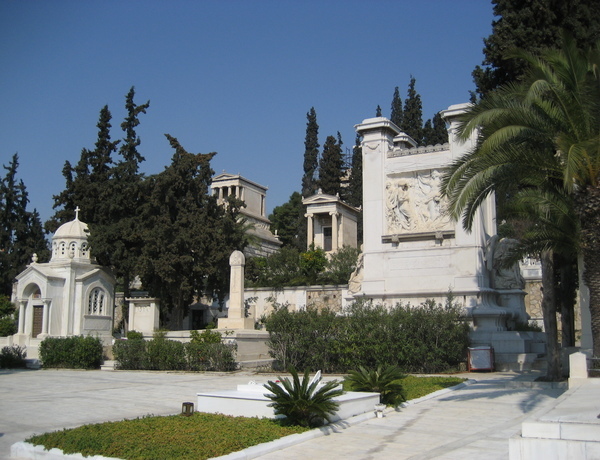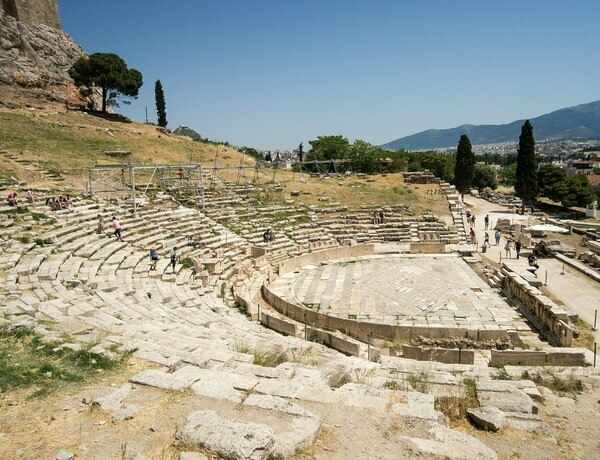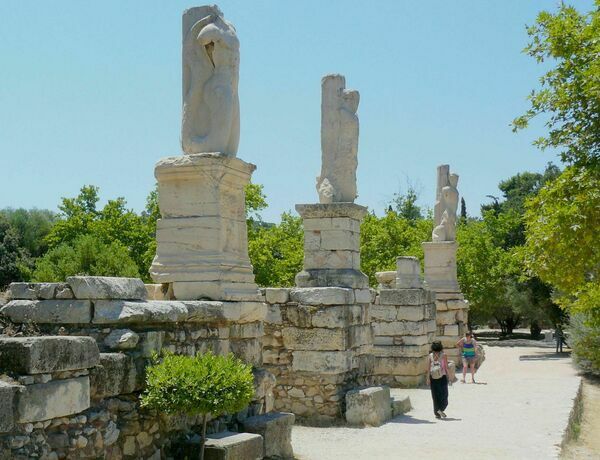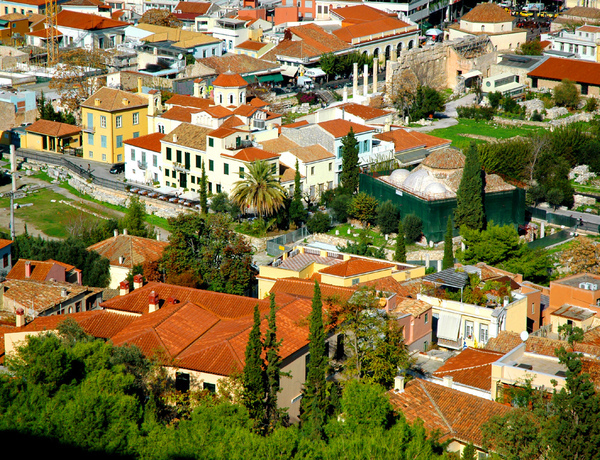
Posted by Filippos Fragkogiannis
Filopappou Hill, also known as the Hill of the Muses, is a historic hill located in the city of Athens, Greece. It is situated southwest of the Acropolis and is part of the larger Hills of Athens complex, which includes the nearby hills of Lycabettus and Ardettos.
The hill is named after Gaius Julius Antiochus Epiphanes Philopappos, a prince from the Kingdom of Commagene who lived in the 1st century AD and was a benefactor of Athens. His monument, the Philopappos Monument, is located on the summit of the hill and is a popular tourist attraction.
In addition to the Philopappos Monument, Filopappou Hill is home to several other ancient ruins and landmarks, including the Socrates Prison, the Pnyx Hill, and the Hill of the Nymphs. It is also known for its beautiful walking paths and scenic views of the city, including panoramic vistas of the Acropolis, the Aegean Sea, and the surrounding hills.
Today, Filopappou Hill is a popular destination for tourists and locals alike, who come to enjoy the peaceful atmosphere, explore the ancient ruins, and take in the stunning views of Athens. It is also a protected green space and an important ecological habitat for a variety of plant and animal species.





